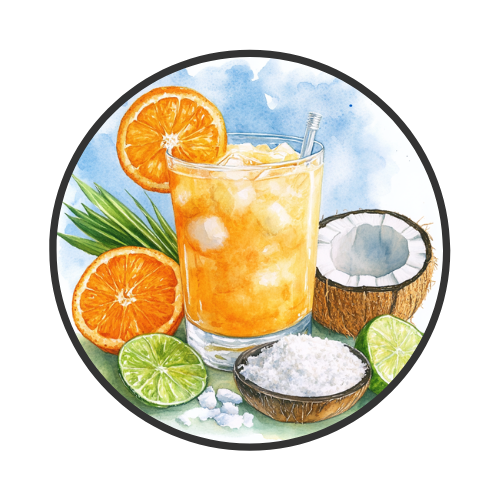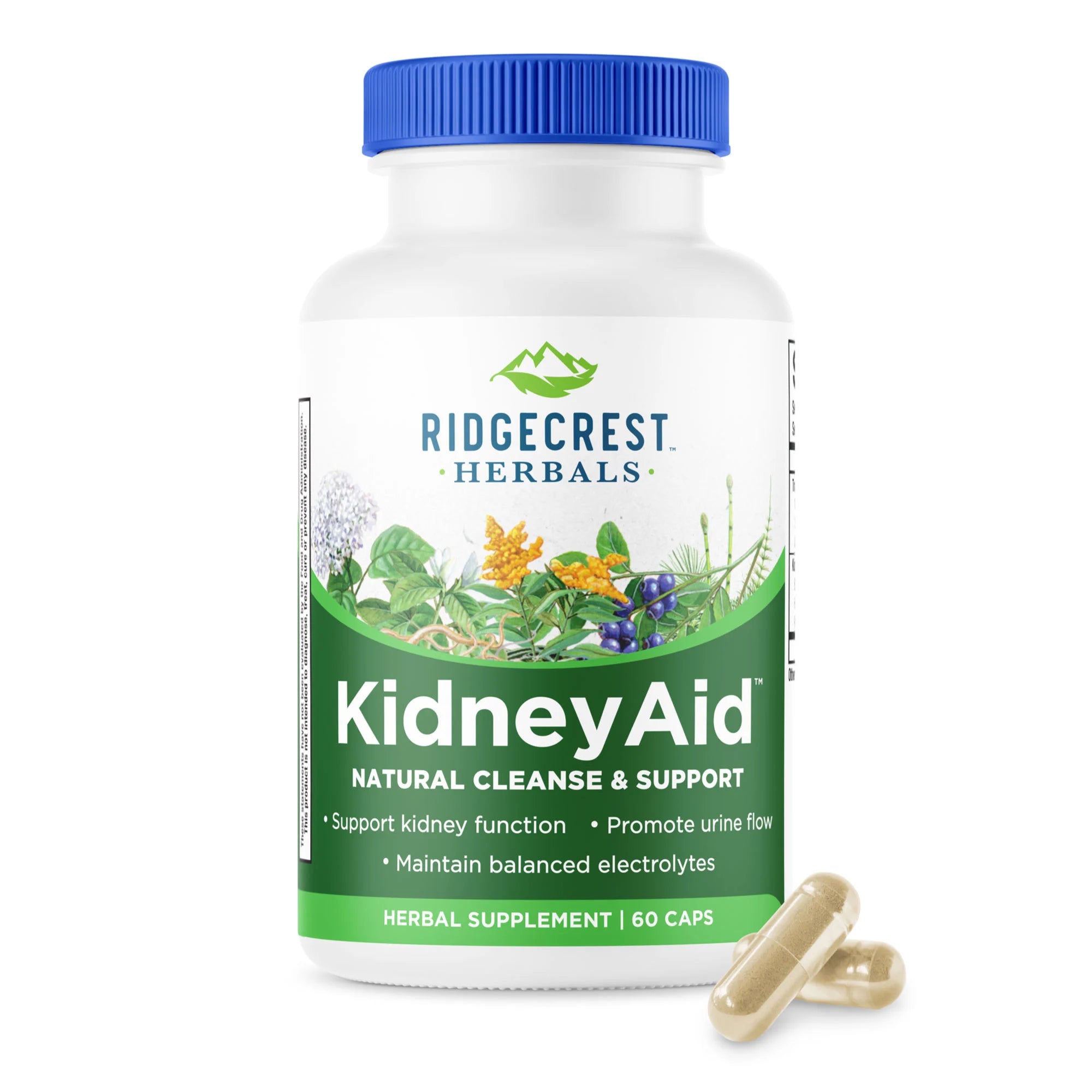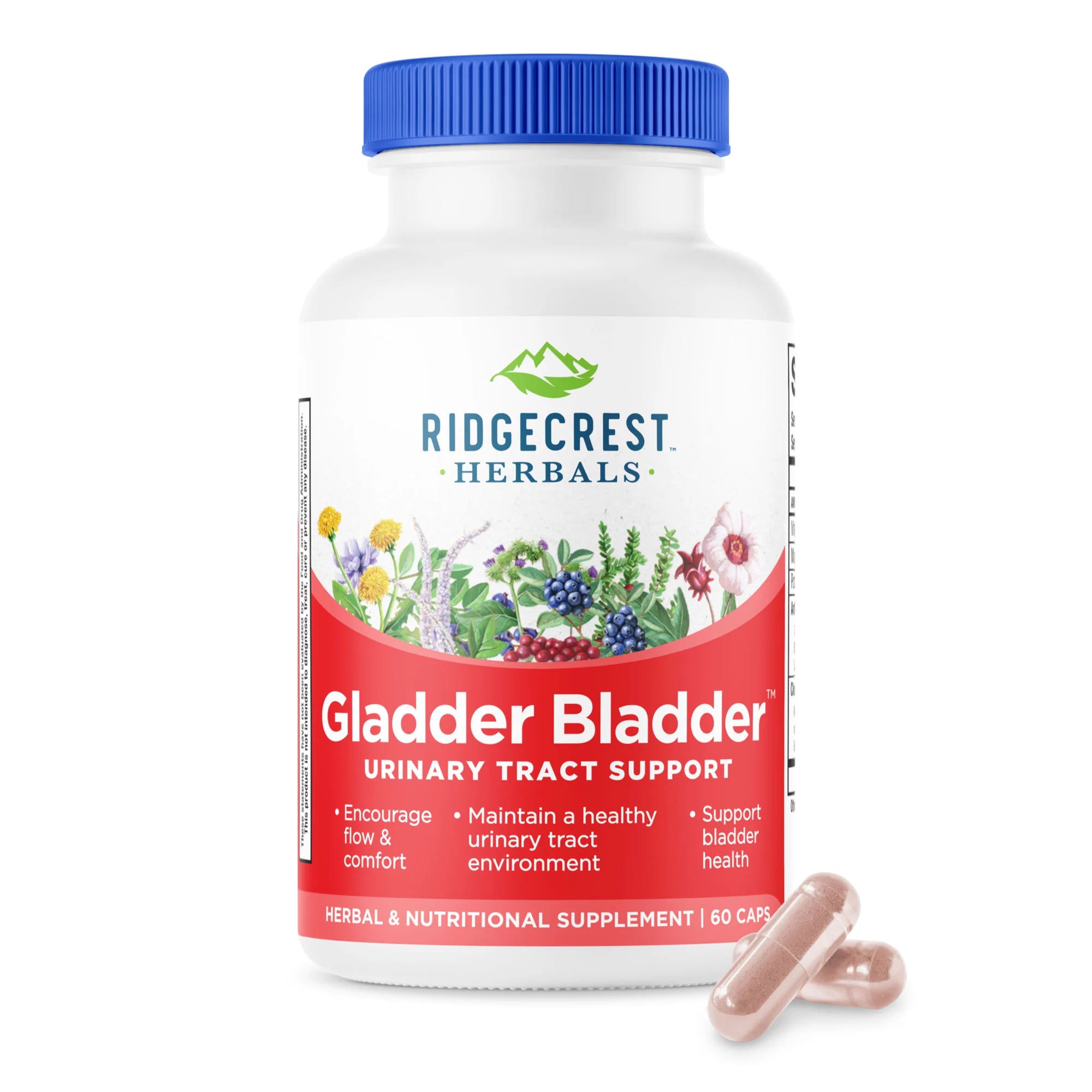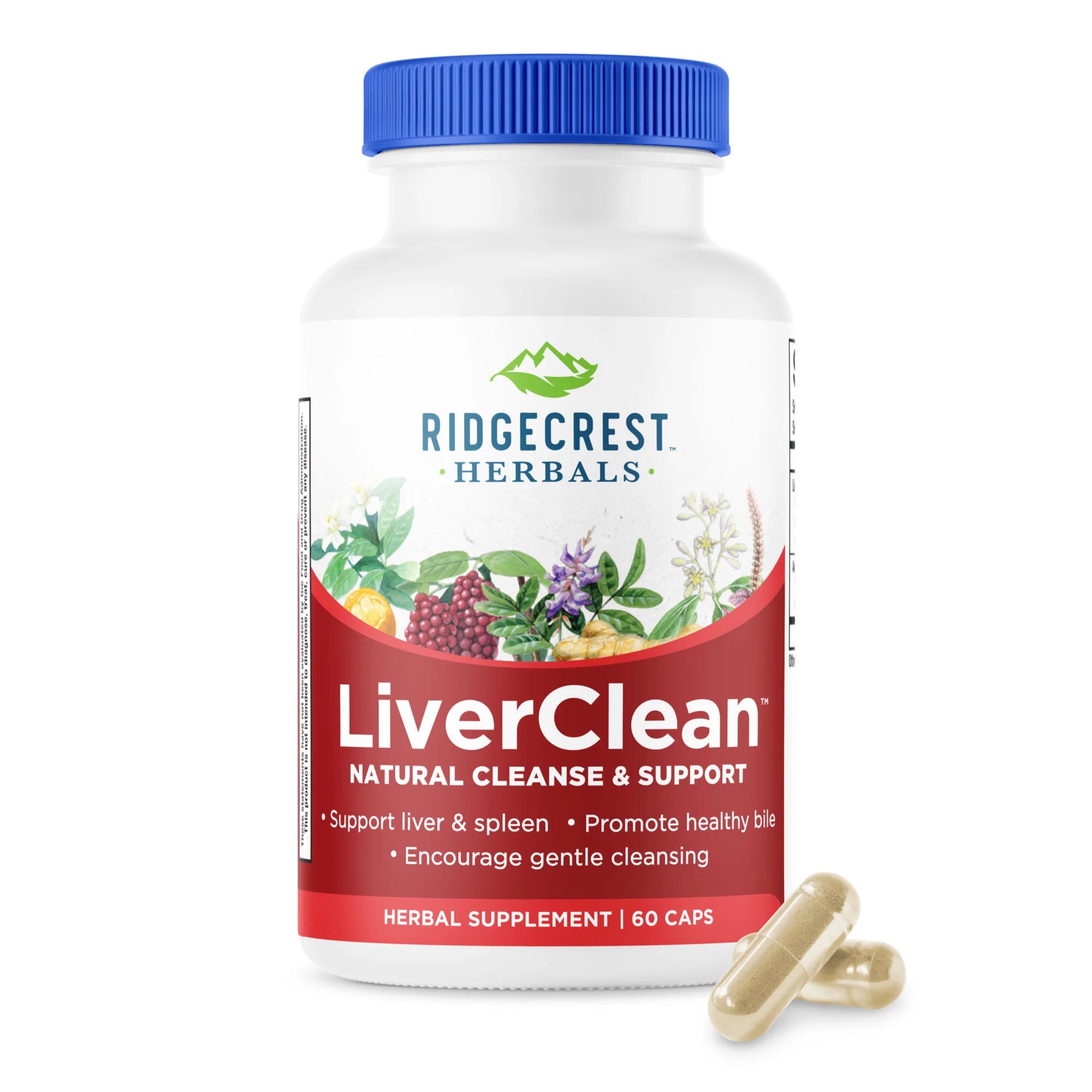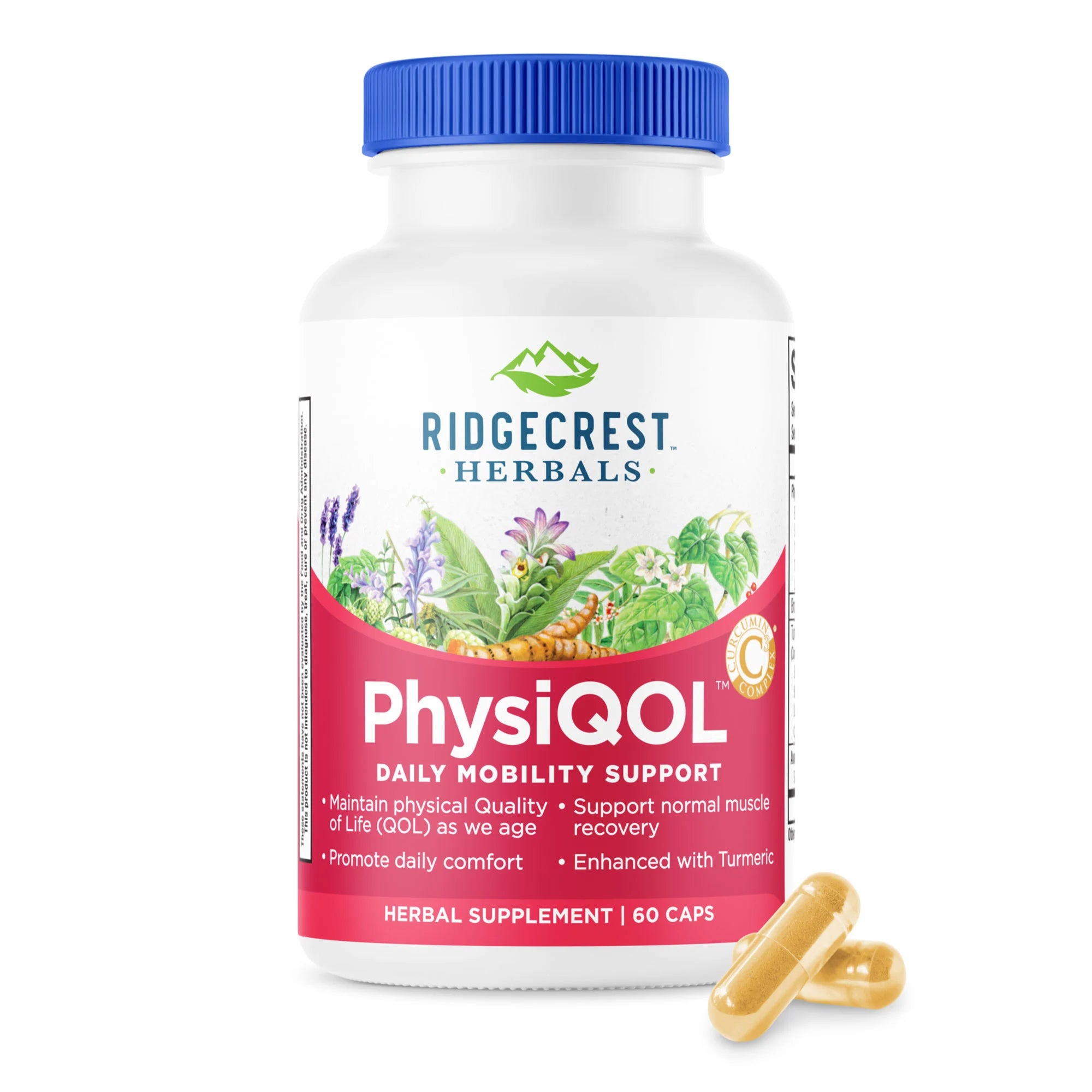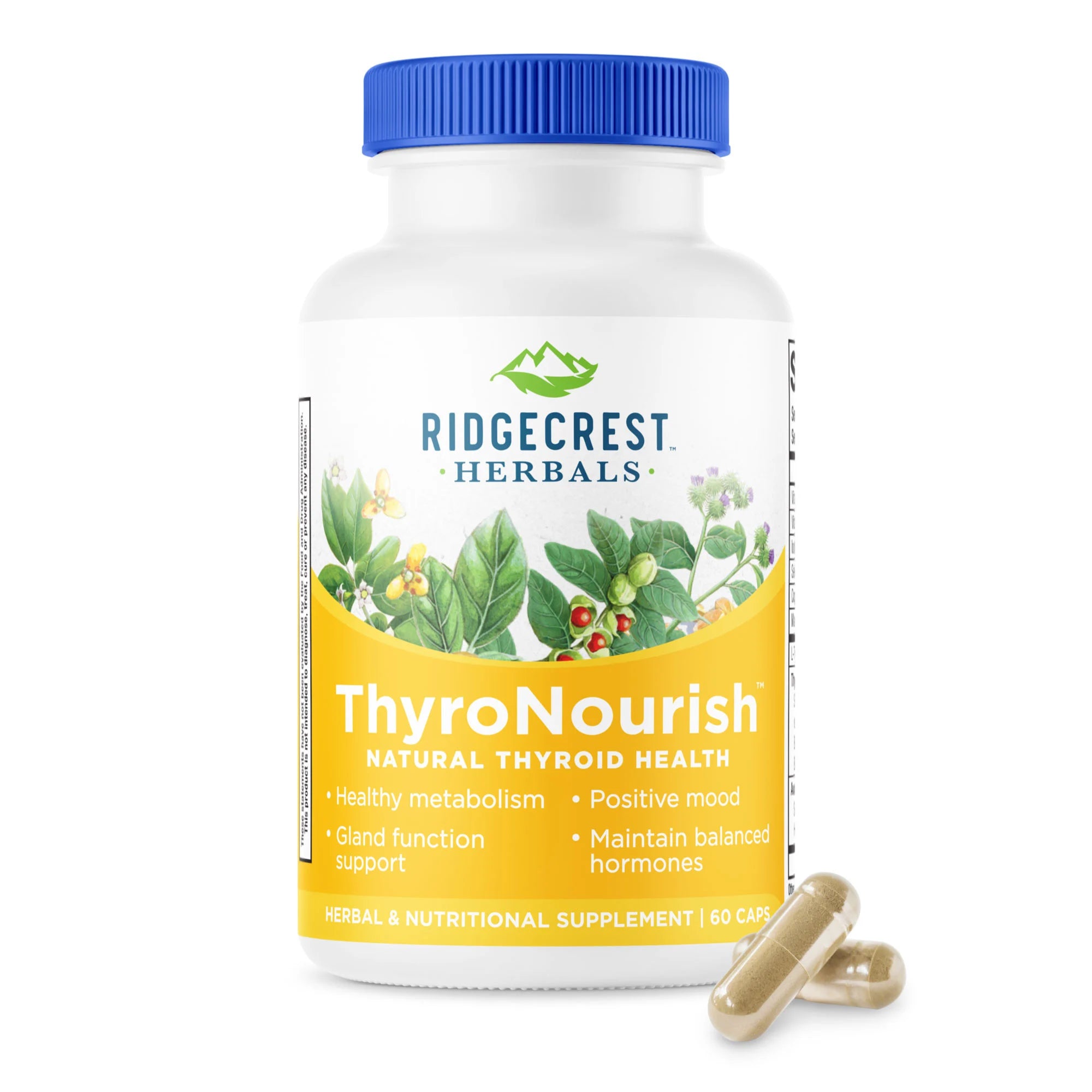What Is An Electrolyte?
Electrolytes are essential minerals. An electrolyte is a substance that dissolves in water to produce ions. Ions are charged particles that allow a solution to conduct electricity. So what does that have to do with the human body? Electrolytes are essential for many biological processes in the human body such as maintaining fluid balance, proper nerve function, and even the contraction of muscles.
Electrolytes In The Body
The human body contains and relies on 7 essential electrolytes to function:
- Sodium for fluid balance and nerve & muscle function
- Potassium for muscle contraction, moving nutrients into cells, and removing waste from cells
- Calcium for building and maintaining bone and teeth health
- Bicarbonate to help the body maintain acid-base balance
- Magnesium to help maintain blood sugar, blood pressure, and heart contractions (plus so much more)
- Chloride for fluid balance, blood pressure, and blood volume
- Phosphate for strong bones and teeth, and to help build cell membranes and DNA
How Do You Get Electrolytes?
Our cells can product very small amounts of electrolytes as byproducts in the metabolic process. Our kidneys regulate electrolyte levels, and the liver produces and maintains electrolyte balance. Electrolytes are primarily absorbed through our digestive system, which means that we have to get electrolytes through our diets.
Eating a diet that is full of vitamins and minerals is essential to ensuring our bodies can work properly. Fresh fruits, vegetables, nuts, seeds, dairy, and complete proteins can all be included to ensure you are getting enough electrolytes.
Daily Intake for Optimal Electrolyte Balance
Let's take a look at potassium as an example for daily intake. Potassium is a mineral that your body needs to function properly. This electrolyte controls nerve and muscle function, including the heart, nerve signaling, fluid balance, kidney function, moving nutrients and waste around the body’s cells, synthesizing protein, and metabolizing carbohydrates. It is vital to many body functions, and because our bodies can’t make it, we have to get it from our diets.
While potassium is abundant in many whole foods, such as fruits and vegetables, many of us aren’t getting enough. Adults should be getting around 3,500 - 4,700 mg every day. A banana has about 422 mg, half an avocado has 345 mg, and a medium baked potato contains about 900 mg. That means to get enough potassium for your body to function properly, you would need to eat almost nine bananas, five whole avocados, or four potatoes daily!
According to one study, only 2% of Americans get the recommended amount. Foods are a great way to get your potassium in. Cooked beets, yams, pinto beans, potatoes, avocados, sweet potatoes, cooked spinach, salmon, apricots, peas, coconut water, and bananas are all high in potassium. But you can also supplement when you can’t get enough through food.
Plenty of companies make electrolyte drinks and powder mixes, but many don’t have enough potassium, use dyes, or add other ingredients that aren’t great for the body or are expensive. It’s easy and fun to make your own and saves money! The flavor combinations are endless.
Orange Dream Homemade Electrolyte Drink
Ingredients:
- 16 oz coconut water (about 1200 mg of potassium)
- ½ tsp of Celtic sea salt
- 400 mg of potassium chloride powder (about 200 mg of potassium)
- ¼ tsp of magnesium malate powder (about 60 mg of magnesium)
- 2 tsp lime juice
- Juice of half an orange
- Orange slices, for garnish
- Splash of coconut cream
- A dash of your favorite sweetener to taste (raw honey, maple syrup, monk fruit, etc.), optional
Directions:
- Stir or shake liquids, powders, and sweeteners to mix well until salts are dissolved.
- Add coconut cream and mix well.
- Garnish with oranges.
- Enjoy over ice!
You could also make your electrolyte powder to add to your favorite drinks:
Homemade Electrolyte Powder
Ingredients:
- 50 grams of Celtic sea salt
- 7 grams of potassium chloride
- 20 grams of magnesium (citrate or malate will work)
- Makes 20 servings.
Directions:
- Combine powders and mix well.
- Store in a mason jar with a tight-fitting lid.
- Add 1 tsp of the blend to 16-32 ounces of preferred drink.
Citations: 1- https://pubmed.ncbi.nlm.nih.gov/22854410/


